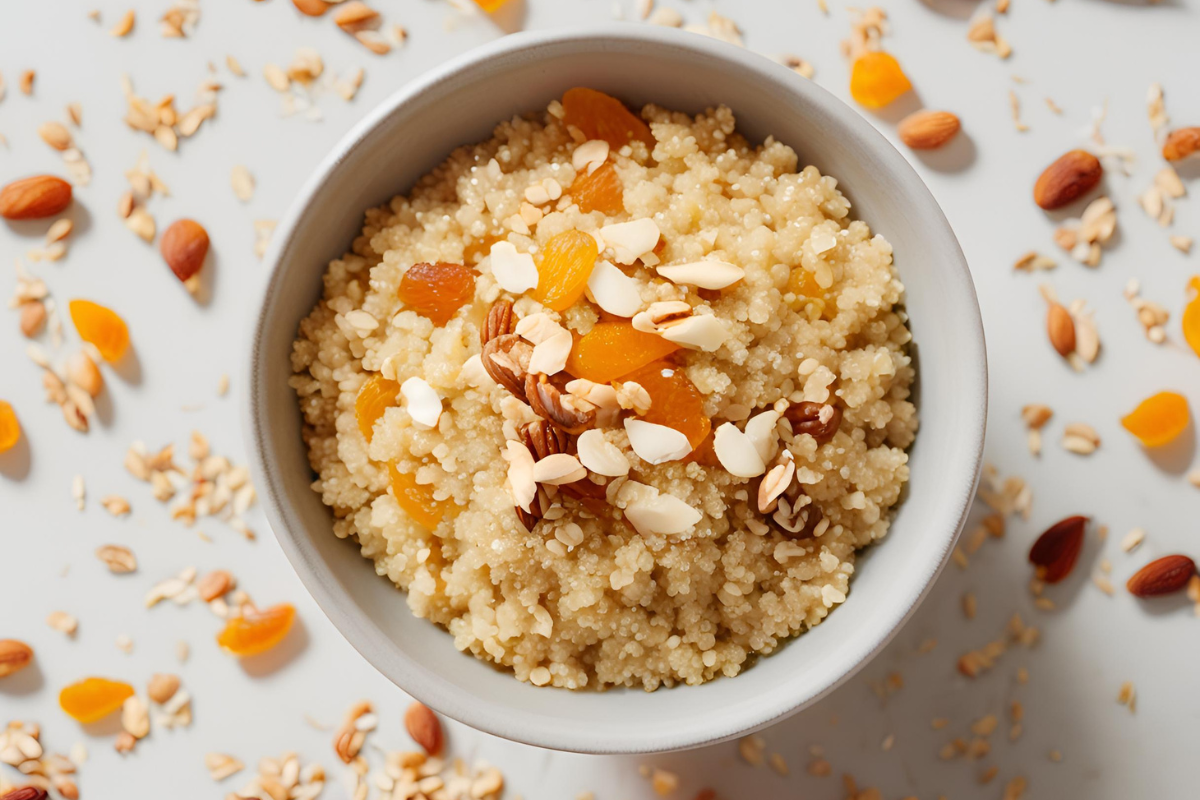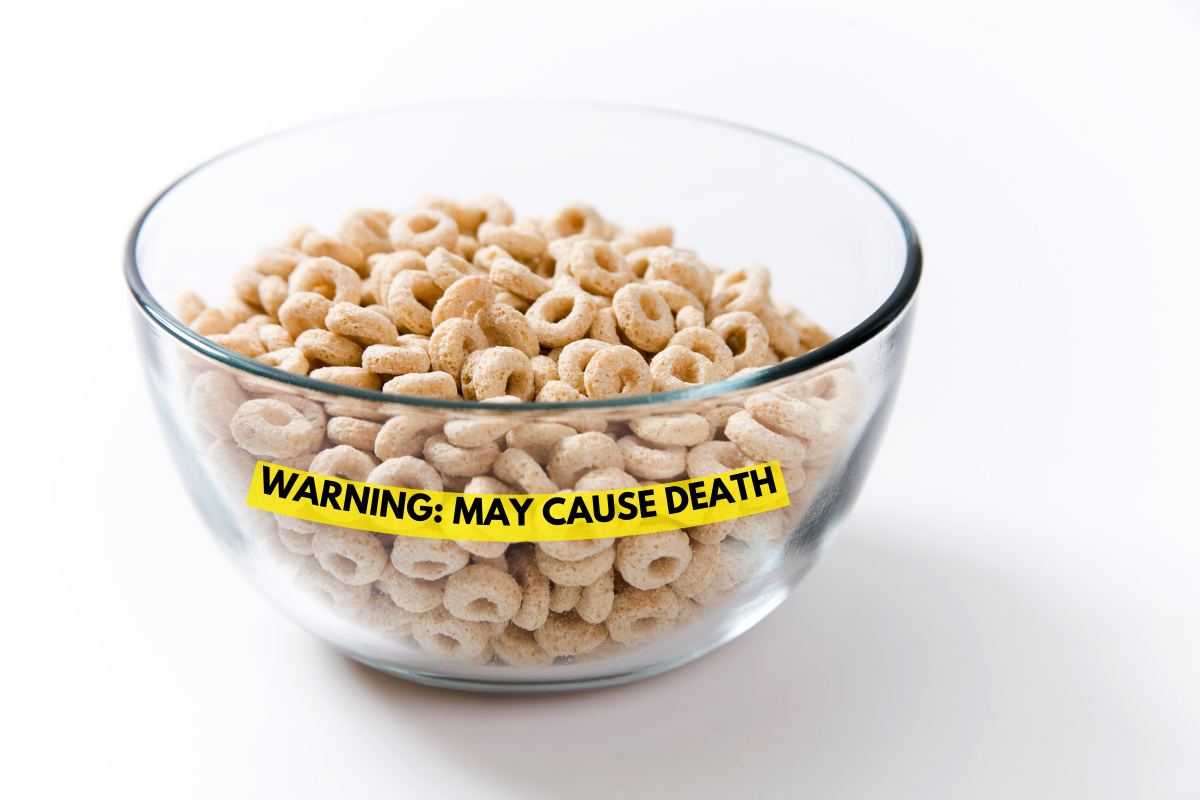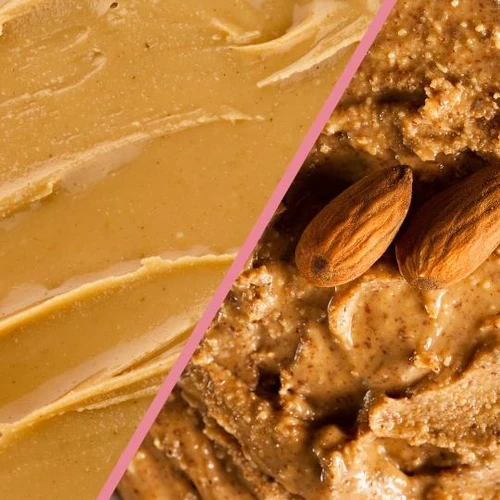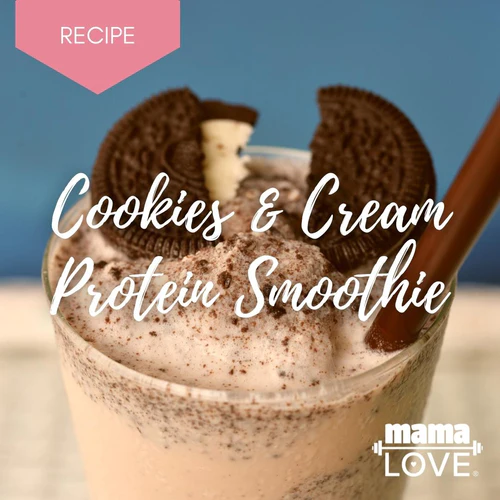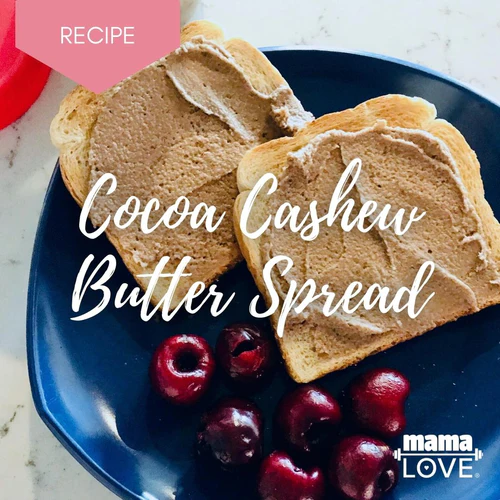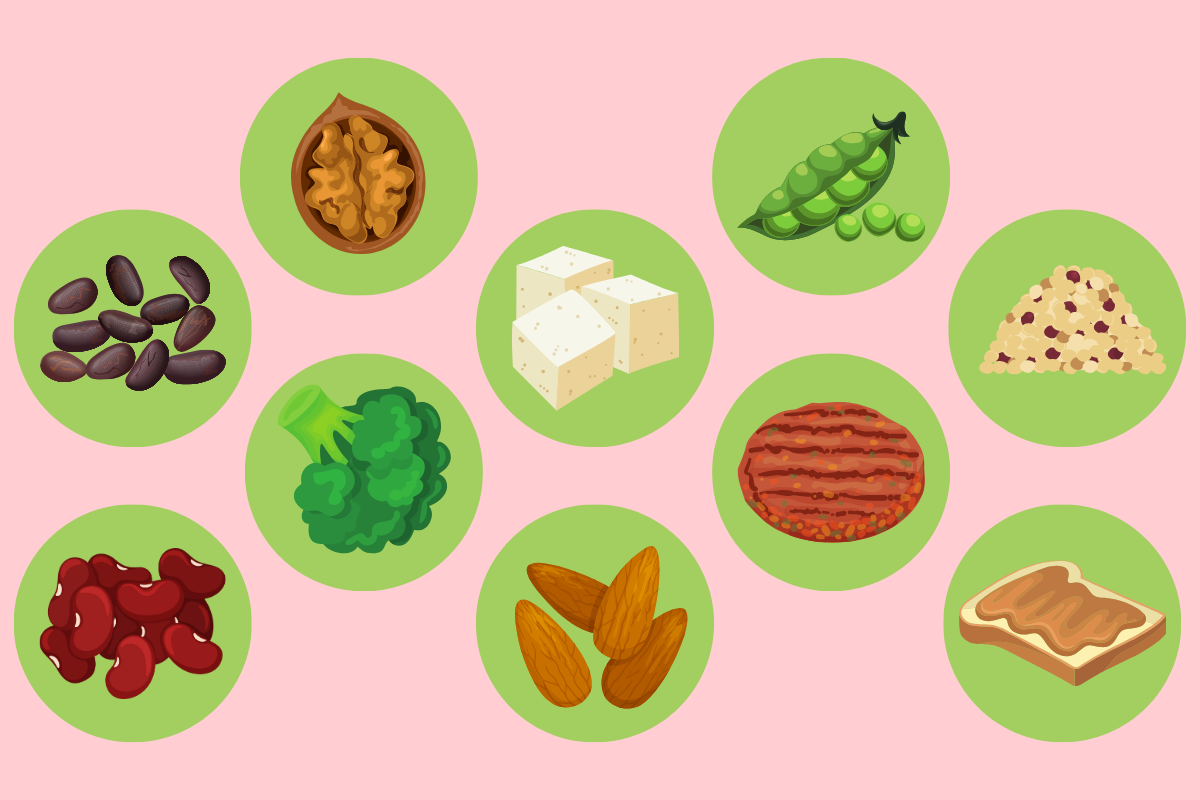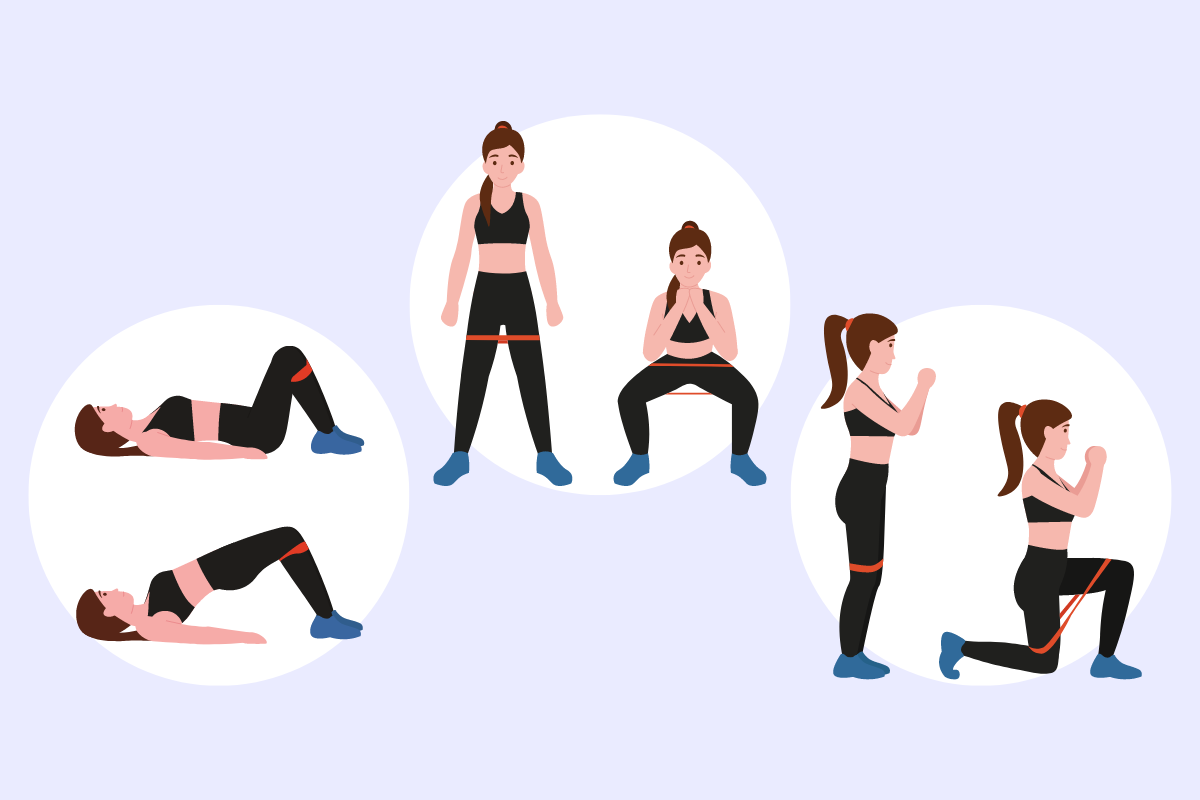
No one would ever put something as wholesome as oatmeal into a performance product, right? Well, we did—and we’re still high-fiving each other for it! Oatmeal is a straight-up carbohydrate with tons of benefits for athletes and everyday exercises, who also happen to be making breastmilk.
The older people in your life might be consuming it for, well, other reasons. (Kim’s grandfather ate a bowl of oatmeal for breakfast nearly every day; he had a healthy heart and regular bathroom visits—TMI?) But, here’s the cool thing about this fiber-rich whole grain: oatmeal also contains phytonutrients and essential amino acids that ease inflammation and help build muscles, and it’s a known galactagogue that can boost your milk supply.
Oats Can Reduce Post-Exercise Inflammation
Most of the scientific studies on oats have focused on cardiovascular health, and whether or not they can lower cholesterol—they can (1). But there’s also evidence that avenanthramides, a special plant compounds found in oats, can curb exercise-induced inflammation (2). In one study, a group of older women ate oat cookies twice a day and had to complete a downhill run and a strenuous uphill walk. Then researchers measured inflammatory markers and noted that the avenanthramide-rich oats significantly prevented inflammation 24 hours post-exercise. (Cookies for getting on a treadmill—where can we register for the follow up study?)
Another study shows protein from oats can play a protective role and prevent exercise-induced damage. Participants consumed oats for two weeks prior to an intense training session, and then for four days after. Researchers noted lower levels of inflammation, less muscle damage, and improved knee-joint range of motion, compared to a group that didn’t get the oat protein (3).
Oats Help Build Strong Muscles
Meaty sources of protein tend to steal the spotlight when people talk about beefing up their muscles, but carbohydrates are just as important—if not more. Eating healthy carbs, like those found in whole grain oats, helps the body release insulin which stimulates muscle growth (4).
But it’s not a quick release. The filling fiber in oats is the slow-burning kind, which helps to keep your blood sugar levels even throughout the day (5). That means you’re less likely to experience energy spikes and crashes, not to mention the mood swings that come with them. (Hangry is not cute.)
Oats Can Boost Breast Milk Supply
When it comes to boosting milk supply, nothing comes more highly recommended than oats. Maybe it’s that wholesome vibe they give off, or because they’re usually served warm, which is comforting—and let-down doesn’t exactly happen when you’re stressed. But most moms, grandmas, nurses, and lactation coaches recommend them to women who want to ramp up production (6, 7).
The jury is still out as to exactly how oats work, but there’s evidence that shows it could be the iron content that leads to a milk-making surge. Studies show moms who are deficient in iron have a tough time breastfeeding their newborns (8), and researchers believe it’s important to correct that nutrient balance to help women breastfeed beyond infancy (9), which can be achieved by eating more iron-rich foods, like oatmeal.
Sources:
- Braaten JT, Wood PJ, Scott FW, et al. Oat beta-glucan reduces blood cholesterol concentration in hypercholesterolemic subjects. Eur J Clin Nutr. 1994;48(7):465‐474.
- Koenig, R., Dickman, J.R., Kang, C. et al.Avenanthramide supplementation attenuates exercise-induced inflammation in postmenopausal women. Nutr J 13,21 (2014). doi: 10.1186/1475-2891-13-21
- Xia Z , Cholewa JM , Dardevet D , et al. Effects of oat protein supplementation on skeletal muscle damage, inflammation and performance recovery following downhill running in untrained collegiate men. Food Funct. 2018;9(9):4720‐4729. doi: 10.1039/c8fo00786a
- Fujita S, Rasmussen BB, Cadenas JG, Grady JJ, Volpi E. Effect of insulin on human skeletal muscle protein synthesis is modulated by insulin-induced changes in muscle blood flow and amino acid availability. Am J Physiol Endocrinol Metab. 2006;291(4): E745‐E754. doi:10.1152/ajpendo.00271.2005
- Mayo Clinic Staff. (2018). Dietary fiber: Essential for a healthy diet.
- Bonyata, Kelly. (2017). Oatmeal for increasing milk supply.
- Bazzano AN, Cenac L, Brandt AJ, Barnett J, Thibeau S, Theall KP. Maternal experiences with and sources of information on galactagogues to support lactation: a cross-sectional study. Int J Womens Health. 2017;9:105-113. doi: 10.2147/IJWH.S128517
- Henly SJ, Anderson CM, Avery MD, Hills-Bonczyk SG, Potter S, Duckett LJ. Anemia and insufficient milk in first-time mothers. Birth. 1995;22(2):86‐92. doi:10.1111/j.1523-536x.1995.tb00565.x
- Rioux FM, Savoie N, Allard J. Is there a link between postpartum anemia and discontinuation of breastfeeding?. Can J Diet Pract Res. 2006;67(2):72‐76. doi:10.3148/67.2.2006.72

